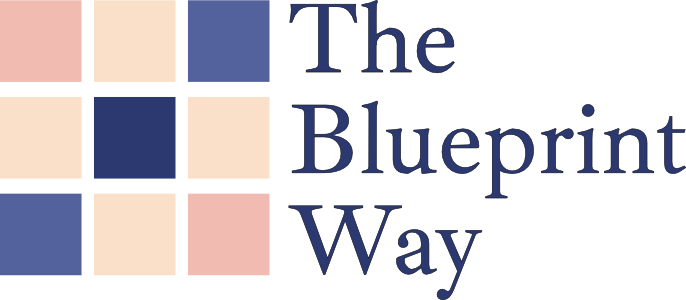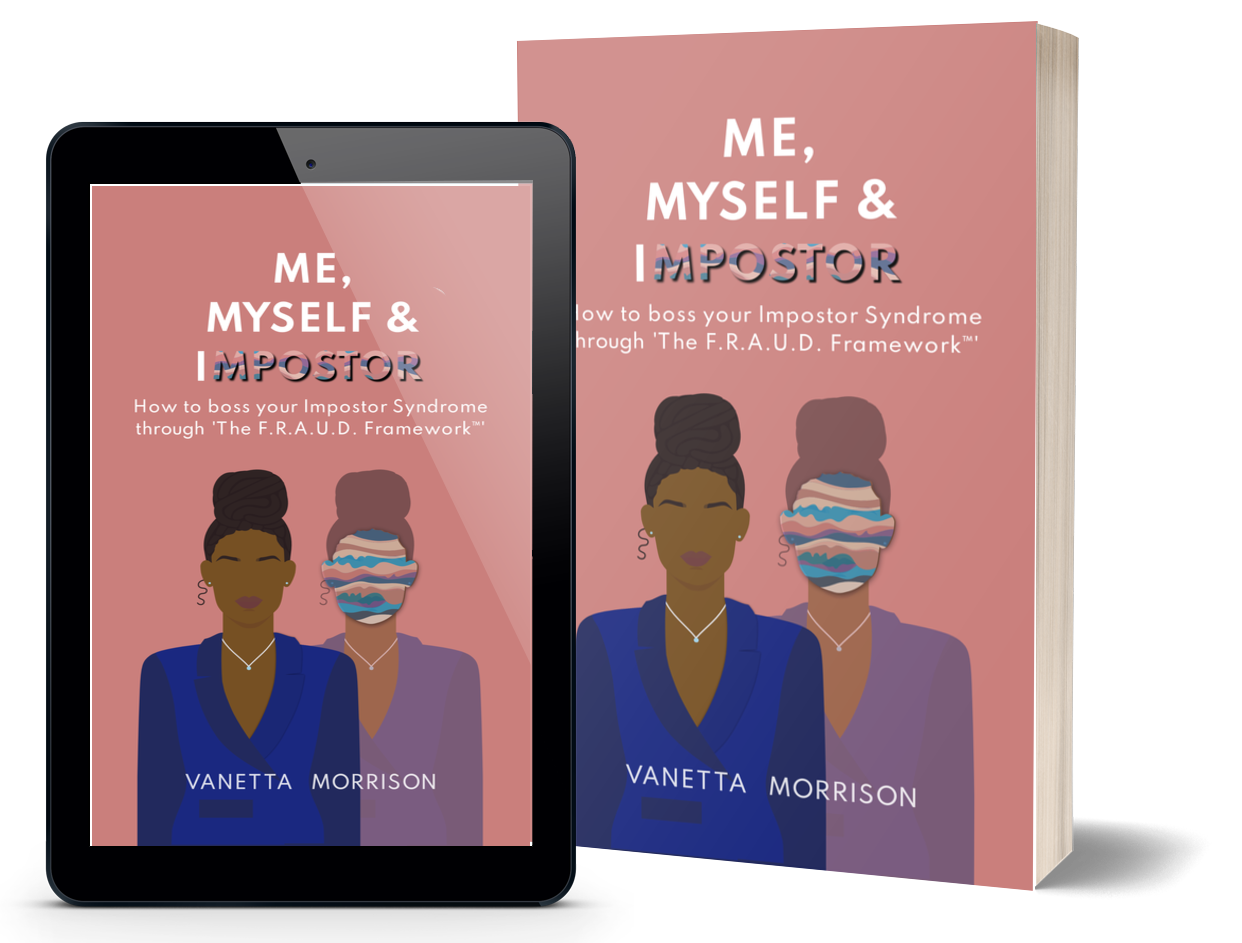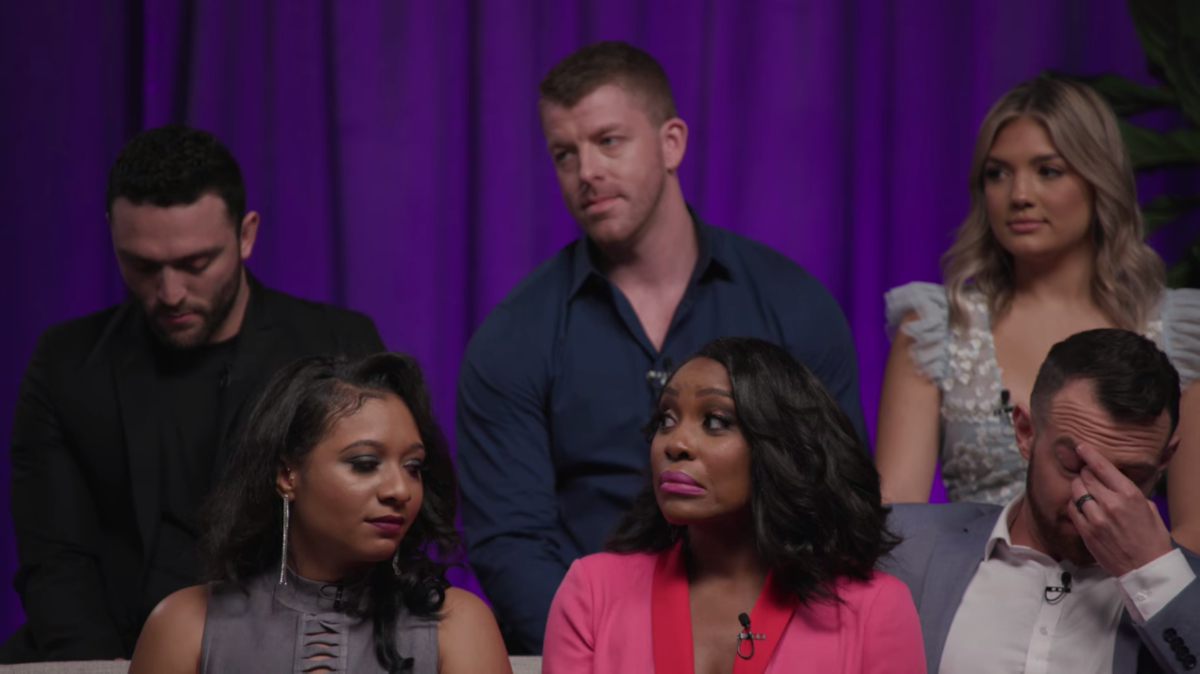Catch up on Part 1 and 2 of this series here.
By now, we’ve watched or heard about ‘Love is Blind’ and I thought I had finished my public commentary on it, until Netflix decided to share The Reunion episode with us. If you haven’t seen it yet, there will be spoilers below.
Watching the episode, I realised, there was one point I had brushed over in my previous post which came out very clearly in the show: the power of looking back.
Major Lesson 1: The power of looking back
During my counselling training, I was constantly encouraged to become a reflective practitioner: someone who takes time to look back over their actions and interactions with others to engage in continuous learning, improvement and especially to increase self awareness.
Why? Because in order for us to actively grow in life, not just passively go through change, we need to be able to harvest every single experience we have for the lessons it brings us, good, bad or a mixed bag.
Everything we go through in life provides us with information we can use to shape a better future for ourselves, especially our failings.
Failure makes for a terrible destiny, but a great teachable moment.
Watching Kelly, Jessica and Carlton be open and vulnerable with us about what they’ve learned going through this process and reflecting back on how badly they realised they had treated their ex-fiancés reminded me how much choice we have in re-writing our own narratives based on using our moments of failure to teach us to do and be better moving forward.
Ask yourself:
1. What have my failures taught me?
2. How am I a better person because of the mistakes I‘ve made and learned from?
3. If I were faced with the x situation again, what would or wouldn’t I do differently now and why?
4. Is there a destructive/disruptive pattern of behaviour I need to deal with?
Again, if you need any support exploring and answering these questions in a safe space, counselling can help you with this.
Major Lesson 2: The present of vicarious learning
Thank God, most of us don’t have the world watching us fail and then dissecting the moments on blog posts 😏, trolling us, or worse, making death threats (this was shocking to hear and I hope they have/are receiving the relevant physical and psychological support to be and stay safe).
This is why I started my previous post appreciating the open case study ‘Love is Blind’ presented to us: it’s easy to dissociate from their humanity and just focus on character traits we love or hate or can learn from.
But they are humans and we all mess up from time to time or even time and time again – so our focus should always be on judging ourselves, not them or each other.
I’m a big fan of vicarious learning, by which I mean being able to learn and hold on to the lessons of someone else’s failures. Since I’ve been a little girl, I didn’t understand the allure of having to feel something for myself, before I agree it isn’t the right choice for me – whether we are talking about not touching plug sockets or hot stoves, or not entertaining a particular type of guy to avoid getting my heart broken. There is so much collective, accumulated and evidence-based wisdom in the world, I really don’t have to try everything out for myself for me to apply it. And because of my particular passion around fostering healthy relationships, especially when it comes to relationships, why not learn from the many that have gone ahead? It doesn’t mean we don’t make our own decisions and live according to our own agenda or take risks, but there is a lot of heartache we could cut out for ourselves, if we just learned from mistakes others have made.
So, for example, if someone has now watched ‘Love is Blind’ and heard Kelly talk about the fact that she realises she’s friend-zoned all the guys who would have been great marriage partners for her, why do you need to go out and make or continue making the same mistake? Why not hear what Kelly has said, reflect on how it does or doesn’t apply to you and consider a plan of action to avoid ending up learning the lesson later than was necessary and missing a great opportunity?
Or Carlton – this was really hard for me to watch because it was clear how much he still loves Diamond and how much he is torn up about how he treated her and lost her as his wife. This is what I try and help people avoid as a counsellor, standing in their own way of happiness because they don’t want to or don’t know how to learn from their mistakes and leverage the lessons learned.
I’m really glad Diamond has forgiven him and is willing to speak to him as a friend, but if she never chose to marry him again, it is entirely her choice. This is a real situation Carlton has to face now, but do you? Can you not learn from this and proactively apply it to your life, instead of sharing the pain with Carlton?
Obviously this way of applying the lessons of others’ mistakes to better our lives goes well beyond romantic relationships, but I feel like we know and already subscribe to this more instinctively than with our relationships.
We seek out mentors and coaches to help us build successful careers/businesses and share ‘best practice’ and ‘avoid at all costs’ tips.
But how often are we doing this in the area of our relationships?
When was the last time you engaged with and applied relationship best practice tips?
Now what?
Life is short, love is precious – don’t waste time stumbling around in the dark, when you can be strategic and proactive about being a better person and better lover. Look back and recycle your failures into lessons and look at the wisdom around you to avoid pitfalls and achieve sustainable success.
If you are interested in exploring coaching or counselling, or want help answering any of the questions I’ve asked in any of the posts, feel free to contact me.
Here, and honoured to help,
Vanetta
PS: Shout out to Kenny and Mark for owning their vulnerability and staying emotionally available and for not dragging Kelly or Jessica’s names in the dirt, even in their heart break. Those are character traits we should all emulate.
Cover Art copyright of Netflix


